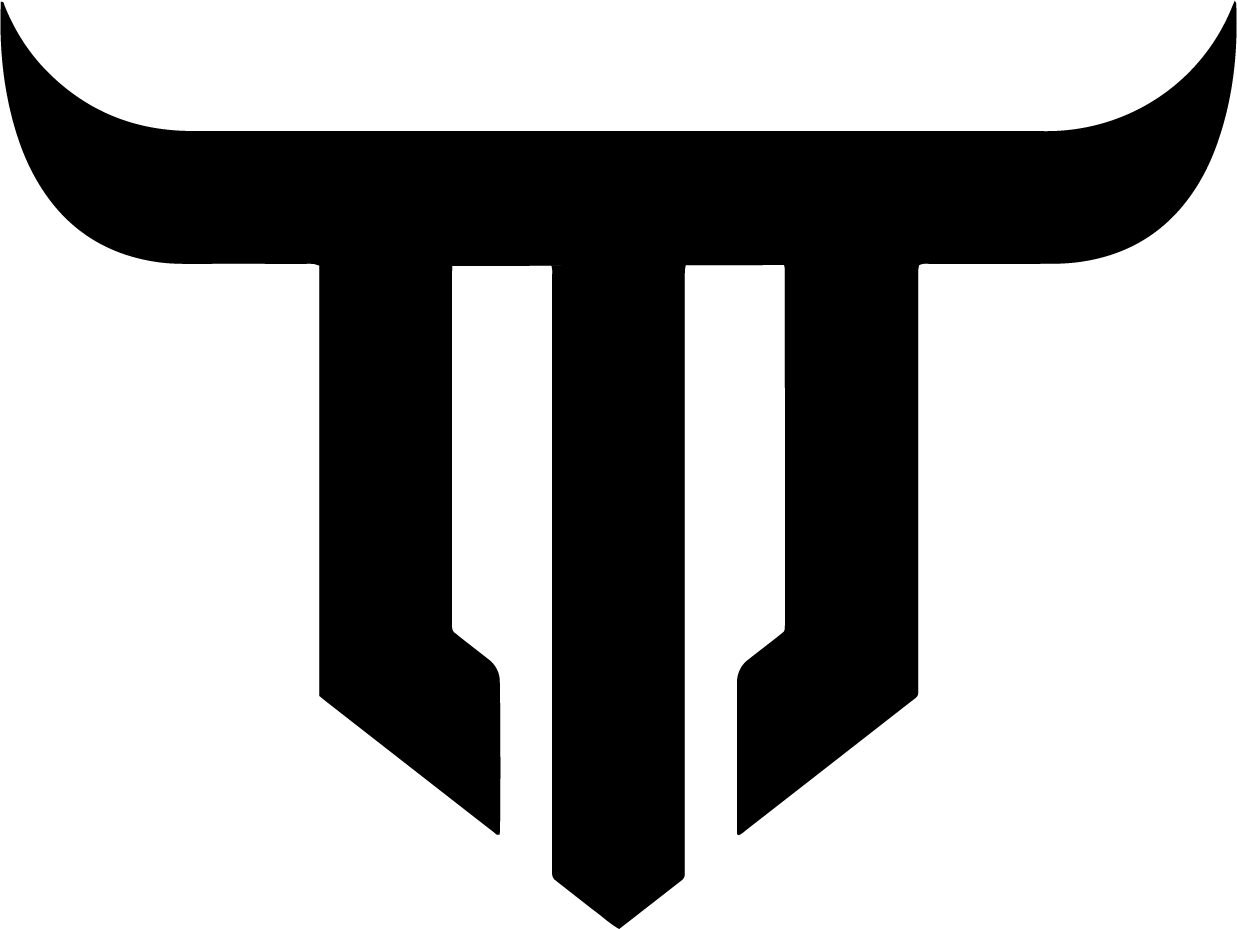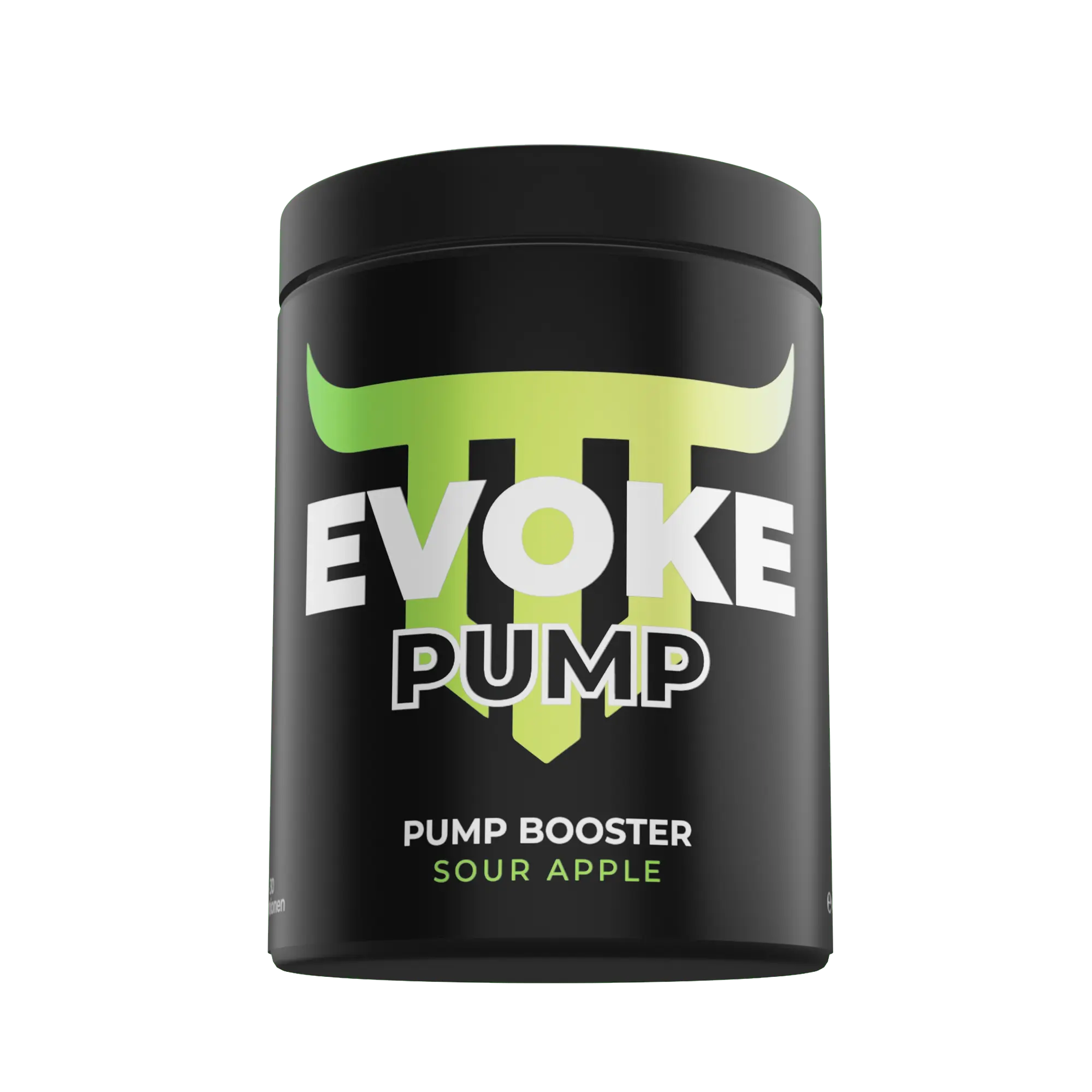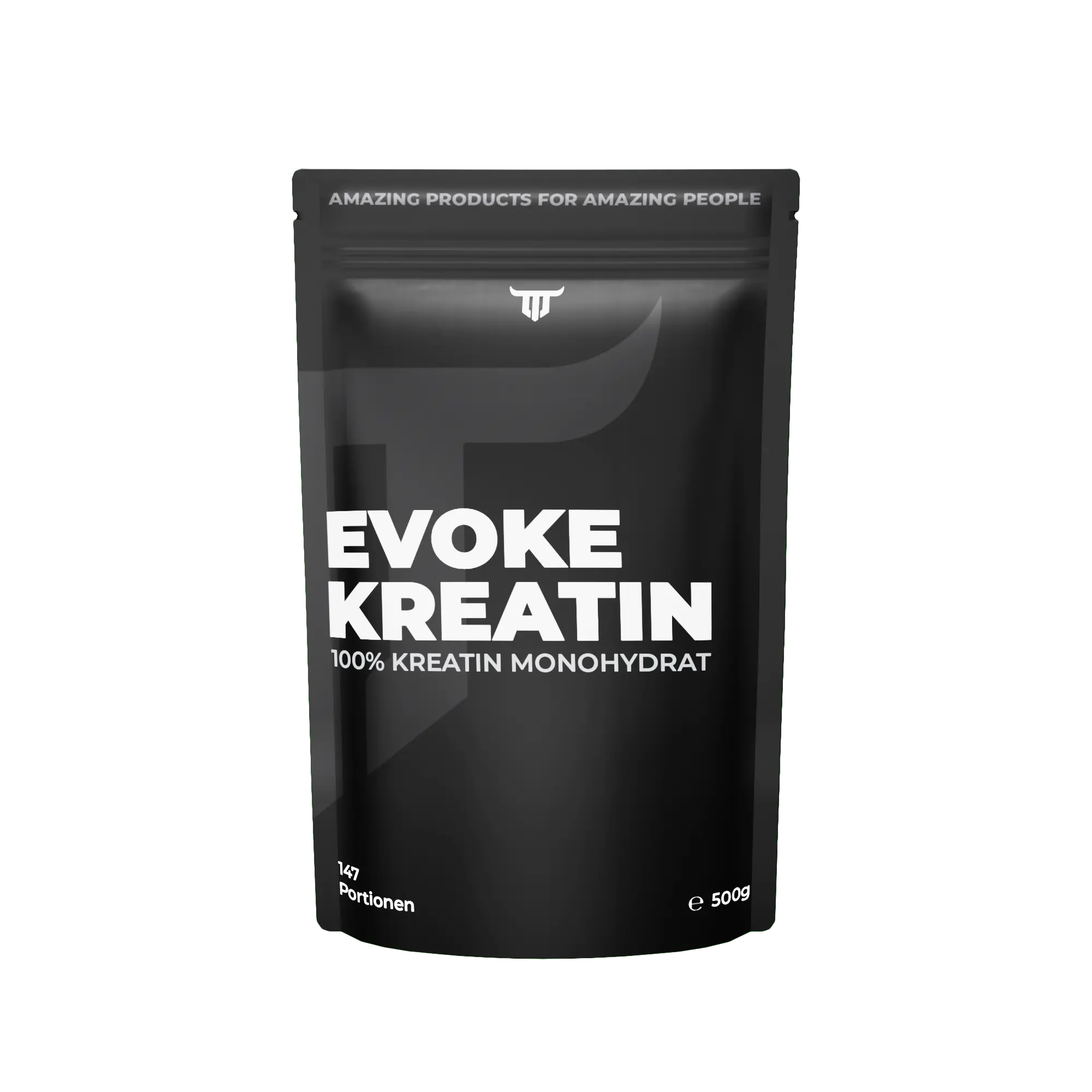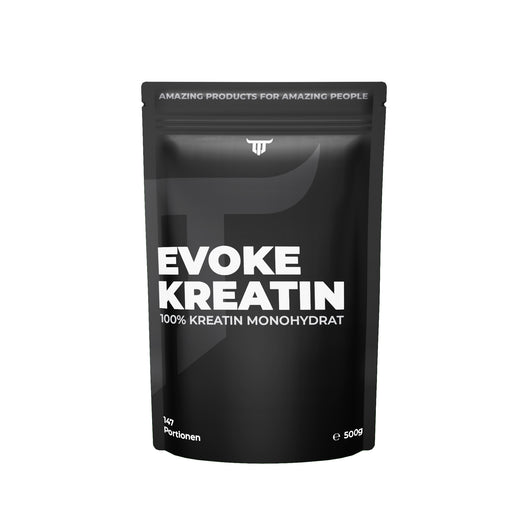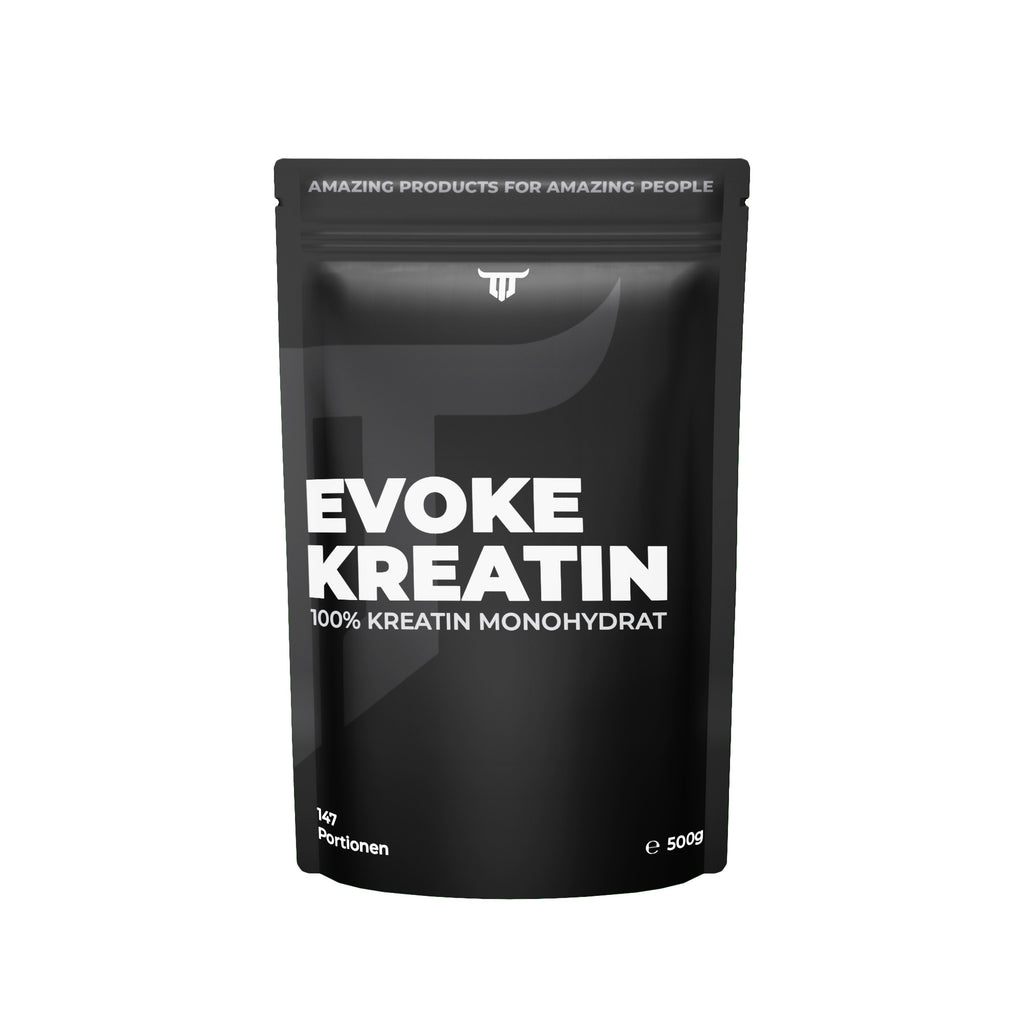Alles was du zu Kreatin wissen musst
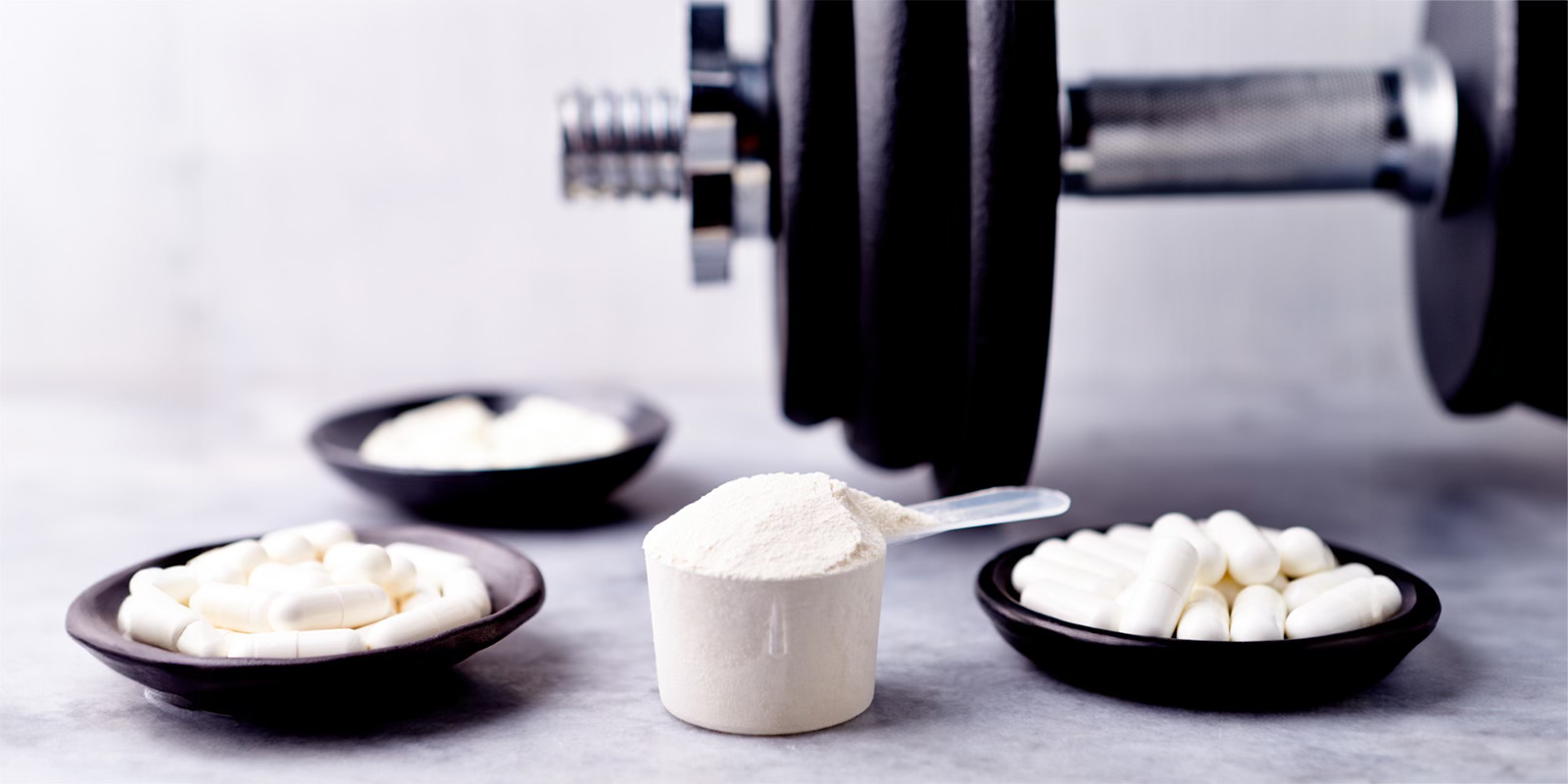
Einleitung
Was ist Kreatin?
Was macht Kreatin?
Einnahme von Kreatin
Wie viel Kreatin sollte man Einnehmen?
Braucht man eine Ladephase bei Kreatin?
Spielt Einnahmezeitpunkt von Kreatin eine Rolle?
Wie viel Kreatin ist zu viel?
Welche Vorteile hat Kreatin im Kraftsport?
Warum hat man mit Kreatin mehr Kraft?
Welche anderen Formen von Kreatin gibt es?
Welche Nachteile hat Kreatin?
Speicherung von Wasser
Sorgt Kreatin für Haarausfall?
Was ist Dihydrotestosteron?
Steigt Testosteron durch die Einnahme von Kreatin?
Quellen
1
Kreider, Richard, et al. “Bioavailability, Efficacy, Safety, and Regulatory Status of Creatine and Related Compounds: A Critical Review.” National Library of Medicine (2022): PMID: 35268011, https://www.ncbi.nlm.nih.gov/pmc/articles/PMC8912867/.
2
Forbes, Scott, et al. “Meta-Analysis Examining the Importance of Creatine Ingestion Strategies on Lean Tissue Mass and Strength in Older Adults.” National Library of Medicine (2021): PMID: 34199420, https://www.ncbi.nlm.nih.gov/pmc/articles/PMC8229907/.
3
Wu, Shih-Hao, et al. “Creatine Supplementation for Muscle Growth: A Scoping Review of Randomized Clinical Trials from 2012 to 2021” National Library of Medicine (2022): PMID 35334912, https://www.ncbi.nlm.nih.gov/pmc/articles/PMC8949037/.
4
Ribeiro, Felipe et al. “Timing of Creatine Supplementation around Exercise: A Real Concern?.”Nutrients vol. 13,8 2844. 19 Aug. 2021, doi:10.3390/nu13082844, https://pubmed.ncbi.nlm.nih.gov/34445003/.
5
van der Merwe, Johann et al. “Three weeks of creatine monohydrate supplementation affects dihydrotestosterone to testosterone ratio in college-aged rugby players.” *Clinical journal of sport medicine : official journal of the Canadian Academy of Sport Medicine* vol. 19,5 (2009): 399-404. doi:10.1097/JSM.0b013e3181b8b52f, https://pubmed.ncbi.nlm.nih.gov/19741313/.
6
Harris, R C et al. “Elevation of creatine in resting and exercised muscle of normal subjects by creatine supplementation.” Clinical science (London, England : 1979) vol. 83,3 (1992): 367-74. doi:10.1042/cs0830367, https://pubmed.ncbi.nlm.nih.gov/1327657/.
7
Hultman, E et al. “Muscle creatine loading in men.” Journal of applied physiology (Bethesda, Md. : 1985) vol. 81,1 (1996): 232-7. doi:10.1152/jappl.1996.81.1.232, https://pubmed.ncbi.nlm.nih.gov/8828669/.
8
Cribb, Paul, et al. “Effects of Supplement Timing and Resistance Exercise on Skeletal Muscle Hypertrophy” Medicine & Science in Sports & Exercise 38(11):p 1918-1925, November 2006. | DOI: 10.1249/01.mss.0000233790.08788.3e, https://journals.lww.com/acsm-msse/fulltext/2006/11000/effects_of_supplement_timing_and_resistance.6.aspx.
9
Antonio, Jose, and Victoria Ciccone. “The effects of pre versus post workout supplementation of creatine monohydrate on body composition and strength.” Journal of the International Society of Sports Nutrition vol. 10 36. 6 Aug. 2013, doi:10.1186/1550-2783-10-36, https://pubmed.ncbi.nlm.nih.gov/23919405/.
10
Kreider, Richard B et al. “International Society of Sports Nutrition position stand: safety and efficacy of creatine supplementation in exercise, sport, and medicine.” Journal of the International Society of Sports Nutrition vol. 14 18. 13 Jun. 2017, doi:10.1186/s12970-017-0173-z, https://pubmed.ncbi.nlm.nih.gov/28615996/.
11
Jagim, Andrew et al. “A buffered form of creatine does not promote greater changes in muscle creatine content, body composition, or training adaptations than creatine monohydrate” Journal of the International Society of Sports Nutrition Sep 2012, doi: 10.1186/1550-2783-9-43, https://www.ncbi.nlm.nih.gov/pmc/articles/PMC3479057/.
12
Oliver, Jonathan M et al. “Oral creatine supplementation's decrease of blood lactate during exhaustive, incremental cycling.” International journal of sport nutrition and exercise metabolism vol. 23,3 (2013): 252-8. doi:10.1123/ijsnem.23.3.252, https://pubmed.ncbi.nlm.nih.gov/23164647/.
13
Jagim, Andrew R et al. “A buffered form of creatine does not promote greater changes in muscle creatine content, body composition, or training adaptations than creatine monohydrate.” Journal of the International Society of Sports Nutrition vol. 9,1 43. 13 Sep. 2012, doi:10.1186/1550-2783-9-43, https://pubmed.ncbi.nlm.nih.gov/22971354/.
